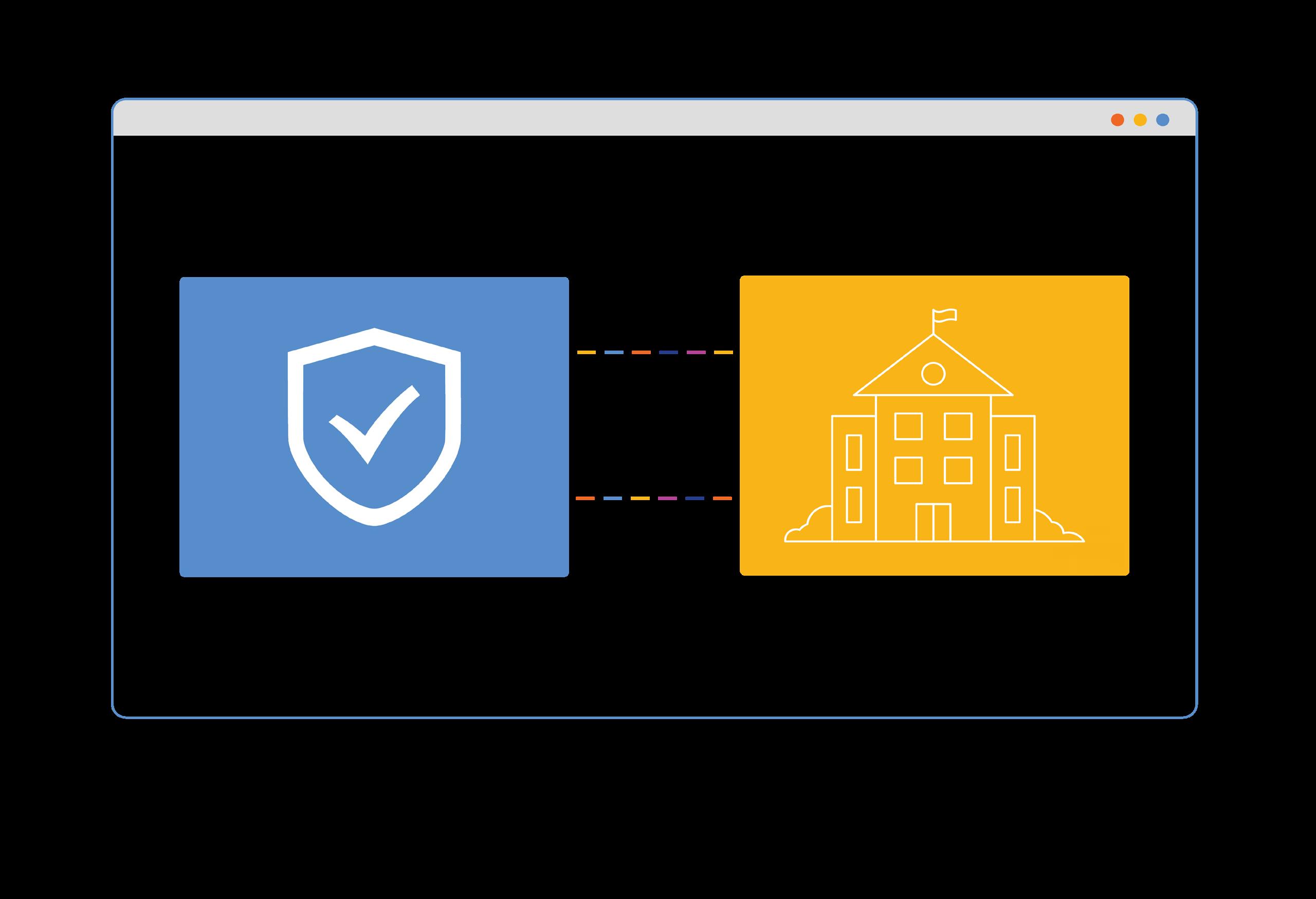Vendor Security Cheat Sheet
Questions to ask technology vendors, software and technologies needed, and definitions to know.


Questions to ask technology vendors, software and technologies needed, and definitions to know.

Here are high-level questions to ask vendors during the vetting process:
Data Ownership
• Who owns the data?
Data Encryption
• Is the data encrypted in transit and at rest?
Data Localization
• Where will our data be stored?
• Does it ever leave that country?
Data Classification
• Do you have a data classification policy?
• Are your employees trained to handle different classifications?
Proactive Defense
• Do you routinely do vulnerability scans, if so what is the cadence?
• Do you routinely do penetration tests, if so what is the cadence?
• How are you integrating security into your design processes?
Incident Response Plan
• Do you have an incident response plan in place?
• If so, how often do you run through the plan in practice and simulation?
• Can you provide a public-facing privacy policy?
• How is data collected and maintained?
• What data is collected?
• Do you train employees on security best practices?
• If so, how often are employees trained?
• Do you test employees in real-world situations?
• If so, how do you test them and how often?
• When and how are employees trained on reporting a security incident?
• Are your developers trained in secure coding?
• Will contractors be accessing our data?
• If so, what controls are in place to ensure their security?
• Do you require that they complete NDAs and Background checks?
• Is the organization FERPA compliant?
• In the unfortunate case of a breach how and when will we be notified?
• Have a you had a breach in the last 5 years and if so how was it disclosed?
• Is information security represented at the executive level
• If not, how does the organization ensure that they have unbiased advisory on security issues?
• How is security prioritized in the software development lifecycle?
Does the vendor have the following software and technologies in place:
Web Application Firewall (WAF) Yes No
Intrusion Detection System (IDS)
Antivirus/Anti-Malware
Next Generation Antivirus
Single Sign-on
Multifactor Authentication
Logging tools
Snapshots and backups
Documented Recovery Time & Recovery Point Objective
Use this list of vendor security assessments as a starting point for your questions to ask but remember that you’ll need to customize your questions and requirements to meet your institution’s specific needs.
Consensus Assessments Initiative Questionnaire (CAIQ/CAIQ Lite)
Security control questions that create accepted industry standards and increase transparency.
Vendor Security Alliance Questionnaire (VSA)
Questions that are maintained by a group of companies to help evaluate a vendor’s security and privacy.
Questionnaire to help higher education institutions assess vendor risk.
NIST standard 800-171
Recommendations for protecting controlled unclassified information.
Prevents, detects, and removes malicious software from the systems they run on.
A formal plan to resume normal operations after a disaster (weather events, equipment damage, etc.) that disrupts and impacts business activities.
Incident Response Plan
A plan with procedures in response to a data breach as it occurs to help contain and remove the threat.
Monitors network traffic and alerts to a threat. An IPS takes action to block or remediate identified threats in network packets.
Allows organizations to discover nefarious activities before they spread to other systems and gives insight into what the attacker did or tried to do which helps with efficient remediation.
Ensures user identity by requiring that they provide at least two pieces of evidence to prove their identity. Each piece of evidence must come from a different category: something they know, something they have, or something they are. MFA should be implemented wherever possible.
System-centric, cloud-based approach that uses predictive analytics driven by machine learning and artificial intelligence which combines with threat intelligence.
The agreed-upon quantity of time that an application, system and/or process, can be down for without causing significant damage to the business as well as the time spent restoring the application and its data.
The amount of data that can be lost within a period before significant harm occurs from the point of a critical event to the recent backup.
Provides a source of truth for any integrated solution that allows for the centralized management of identity and authentication. Only requires one password/login to access different tools.
At Honorlock, security is a foundational element of everything we do.
Honorlock maintains a public-facing privacy policy that clearly states that we will never sell or monetize your data with third parties.
The institution owns the data and retention is governed by the MSA.
Honorlock utilizes Amazon Web Services for our secure hosting needs.
Amazon’s data centers are SOC 3 certified and exercise some of the most stringent physical security in the industry.

Before joining the organization every new employee receives a background check and signs a Non-disclosure agreement.
As part of onboarding, each employee undergoes security training that covers compliance, information security, data classification, data handling, reporting security incidents, and much more.
Honorlock conducts annual security and privacy training for employees because it isn’t enough to put people in a training room once a year and go through a 30-minute PowerPoint.
We employ proactive security testing that simulates attacks against our most valuable defense - our people.
At Honorlock, we challenge everyone to think about how their actions will affect the data we are entrusted with.
We treat your data like we would want our data to be treated.
Before onboarding a new vendor or sub-service organization that has access to confidential data, Honorlock performs a vendor assessment to ensure that each vendor passes our security, data, and privacy requirements.
We have Disaster Recovery & Business Continuity Plans that we test at least annually. We also operate our infrastructure in multiple availability zones which increases our resiliency to downtime.
Honorlock





